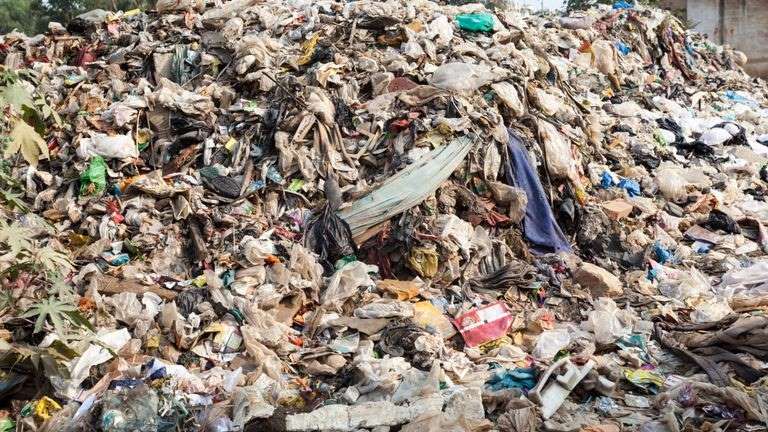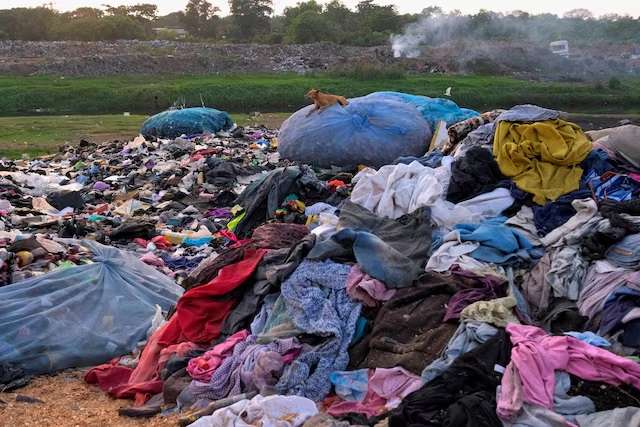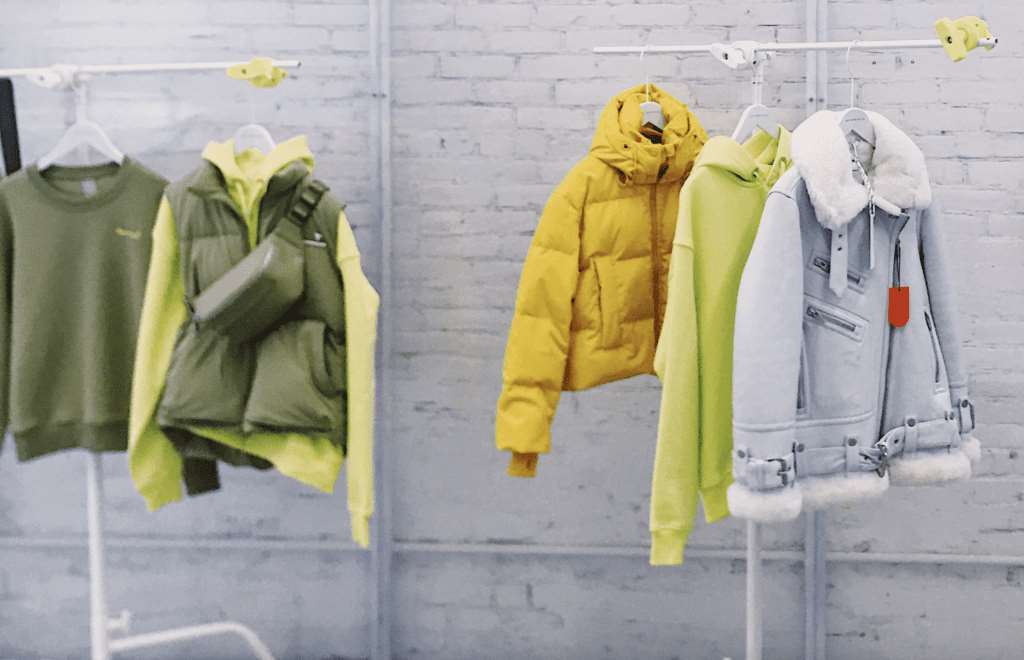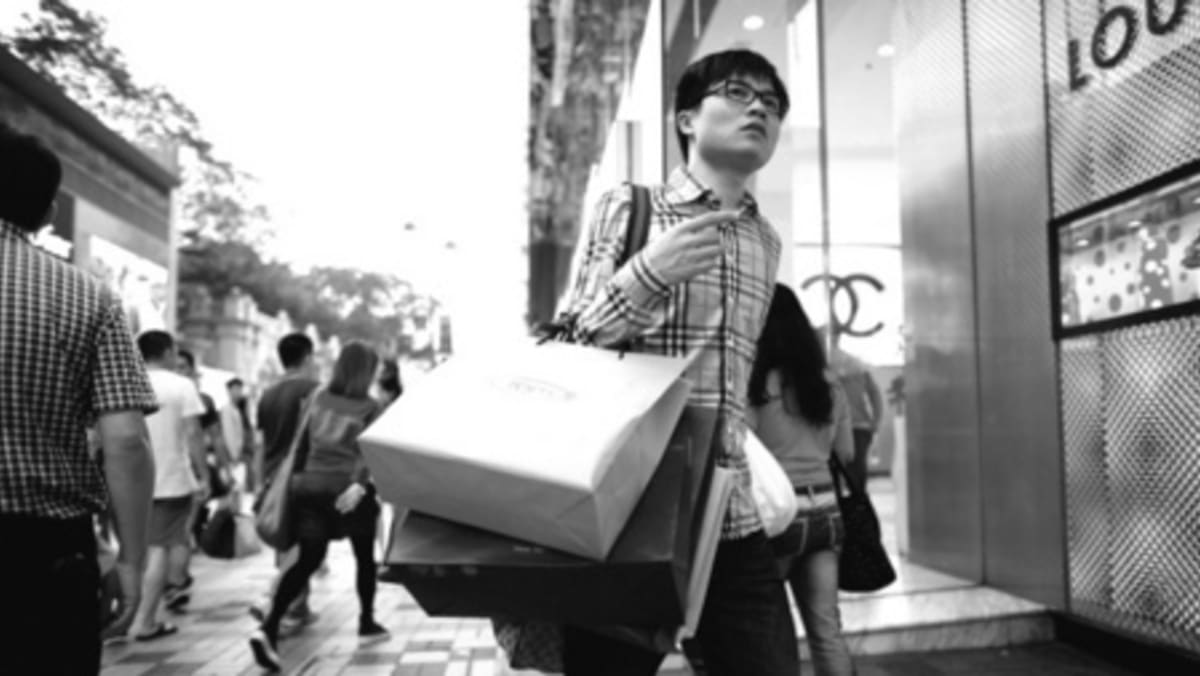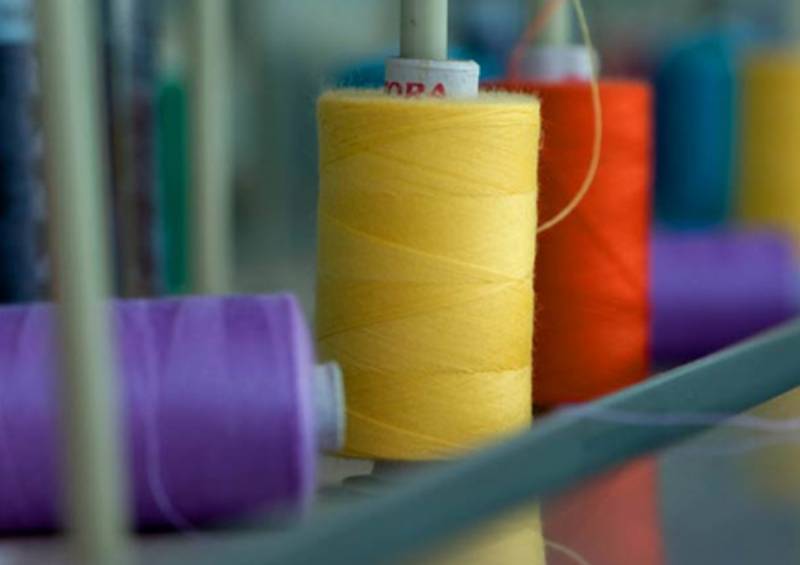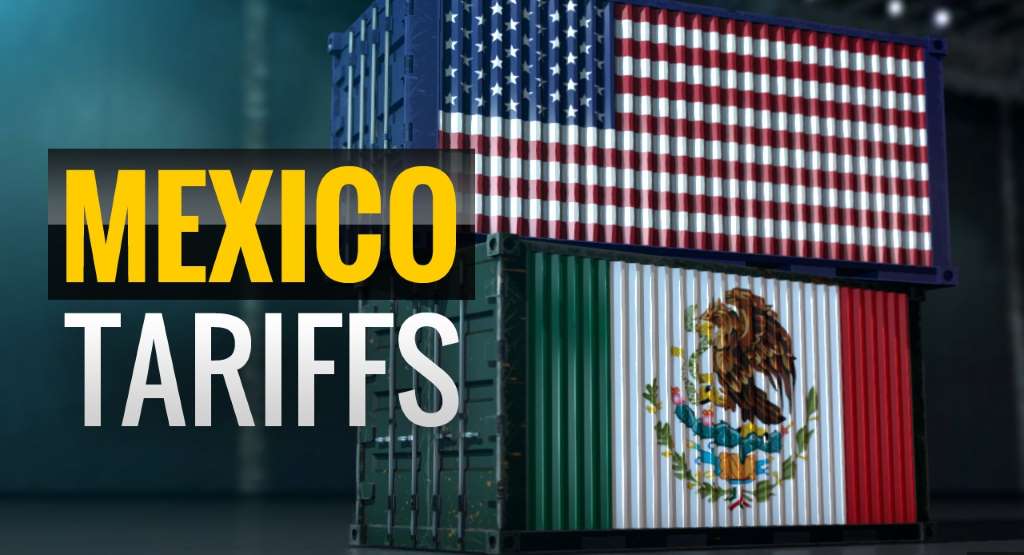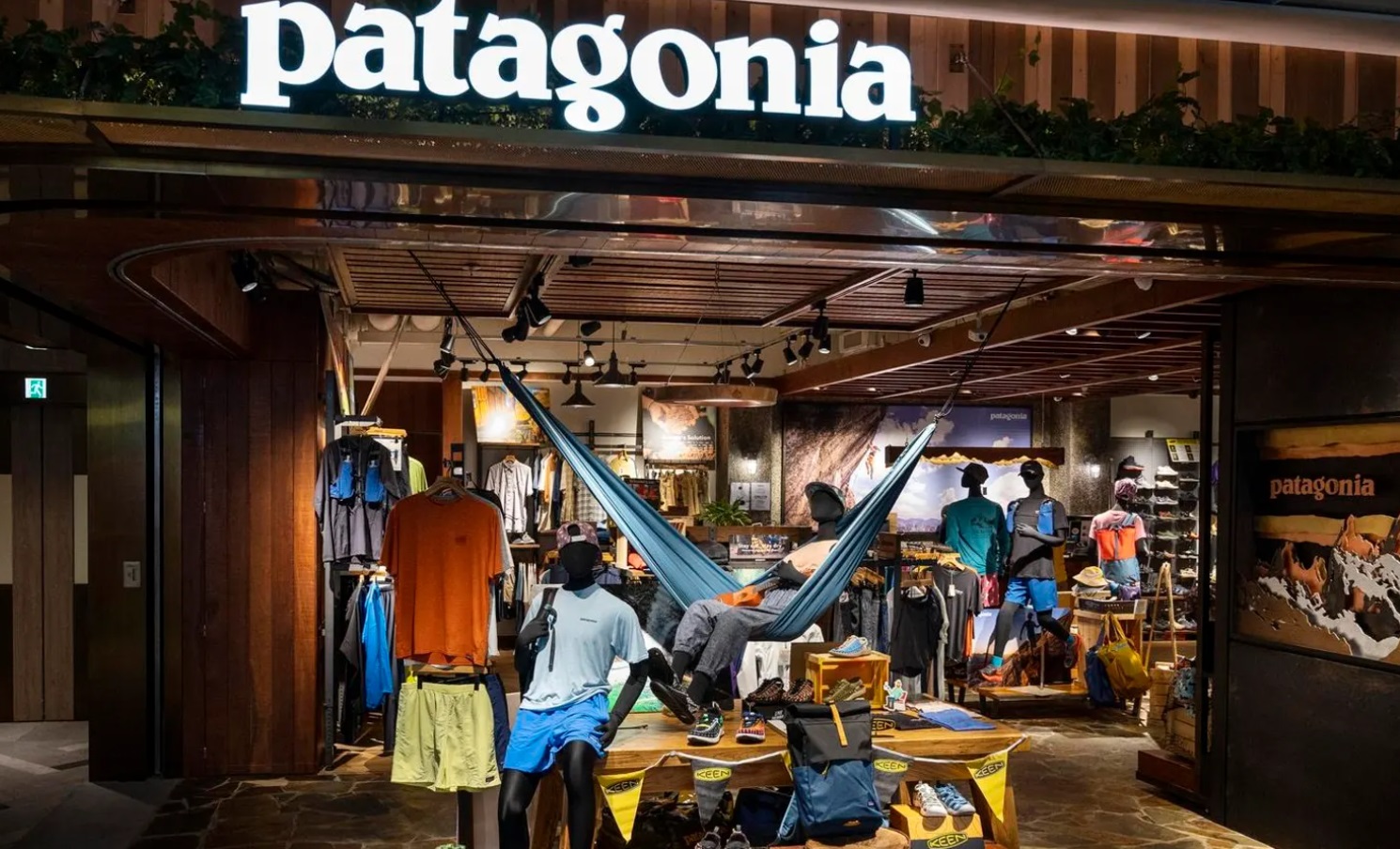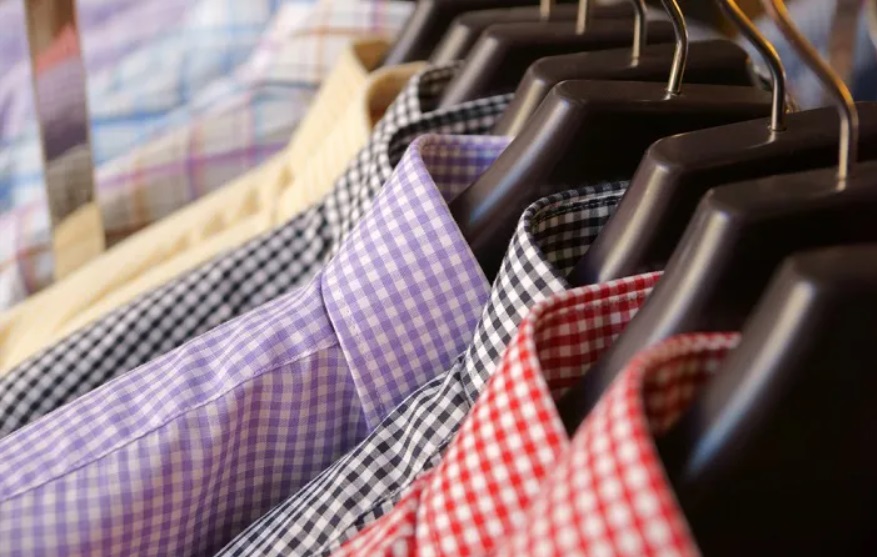FW
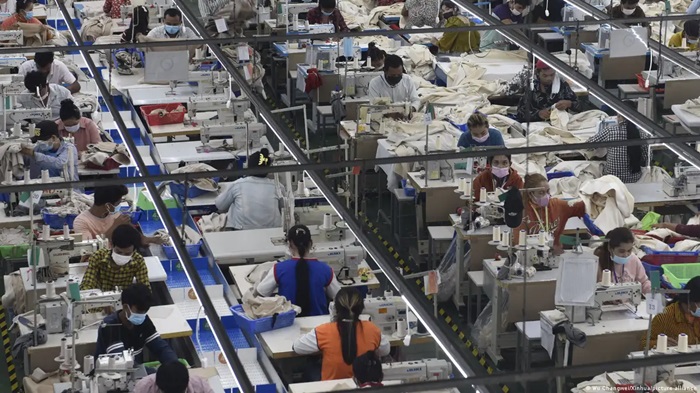
The European Parliament has taken a significant step towards eradicating forced labor from its market. They've approved a new regulation that prohibits the sale, import, and export of goods produced using forced labor within the EU. This marks a major development in the fight against modern slavery and human rights abuses in global supply chains.
Decoding the new rule
This new regulation empowers the EU to ban the import, export, and sale of goods produced using forced labor. National authorities and the European Commission will have the power to investigate suspicious products and their supply chains. Products deemed to be linked to forced labor will be barred from the EU market, including online retailers. Manufacturers of such products will face consequences like product withdrawal, fines, and potential bans until they can demonstrate a clean supply chain.
The garment industry, notorious for its complex supply chains, is likely to be significantly impacted. Cheaper clothing lines that rely on opaque supply chains are more likely to be impacted. Importers will now face stricter scrutiny to ensure their products are free of forced labor. This could lead to:
• Increased due diligence by companies to map their supply chains and identify potential forced labor risks.
• Disrupt garment imports from countries with a high risk of forced labor.
• Diversification of sourcing to countries with better labor practices.
• Price hikes for consumers as companies factor in the costs of ethical sourcing.
The regulation doesn't target a single sector within garments, but rather focuses on production methods. However, sectors with a complex supply chain and a history of forced labor concerns, like cotton production, might face increased scrutiny.
What’s more, while the regulation applies globally, countries with documented instances of forced labor, such as Turkmenistan and China, are likely to face the most significant impact. The EU can now directly request these countries to investigate suspected forced labor practices within their borders. Also, the EU can launch investigations into products suspected to be made with forced labor in these countries and request inspections from their governments.
Impact on consumers
Consumers might see a price increase for some garments due to stricter sourcing and potential supply chain disruptions. However, this regulation also empowers them to make more ethical choices. With increased transparency about a product's origin and labor practices, consumers can choose brands committed to ethical sourcing. This could lead to a shift in consumer behavior towards brands that prioritize ethical production. Also, it could lead to a growth of sustainable and fair-trade fashion brands.
The long-term impact of this regulation remains to be seen. However, it's a clear message from the EU that forced labor will not be tolerated in its market. This could have a ripple effect, pushing for global reforms in labor practices and empowering consumers to make informed choices.
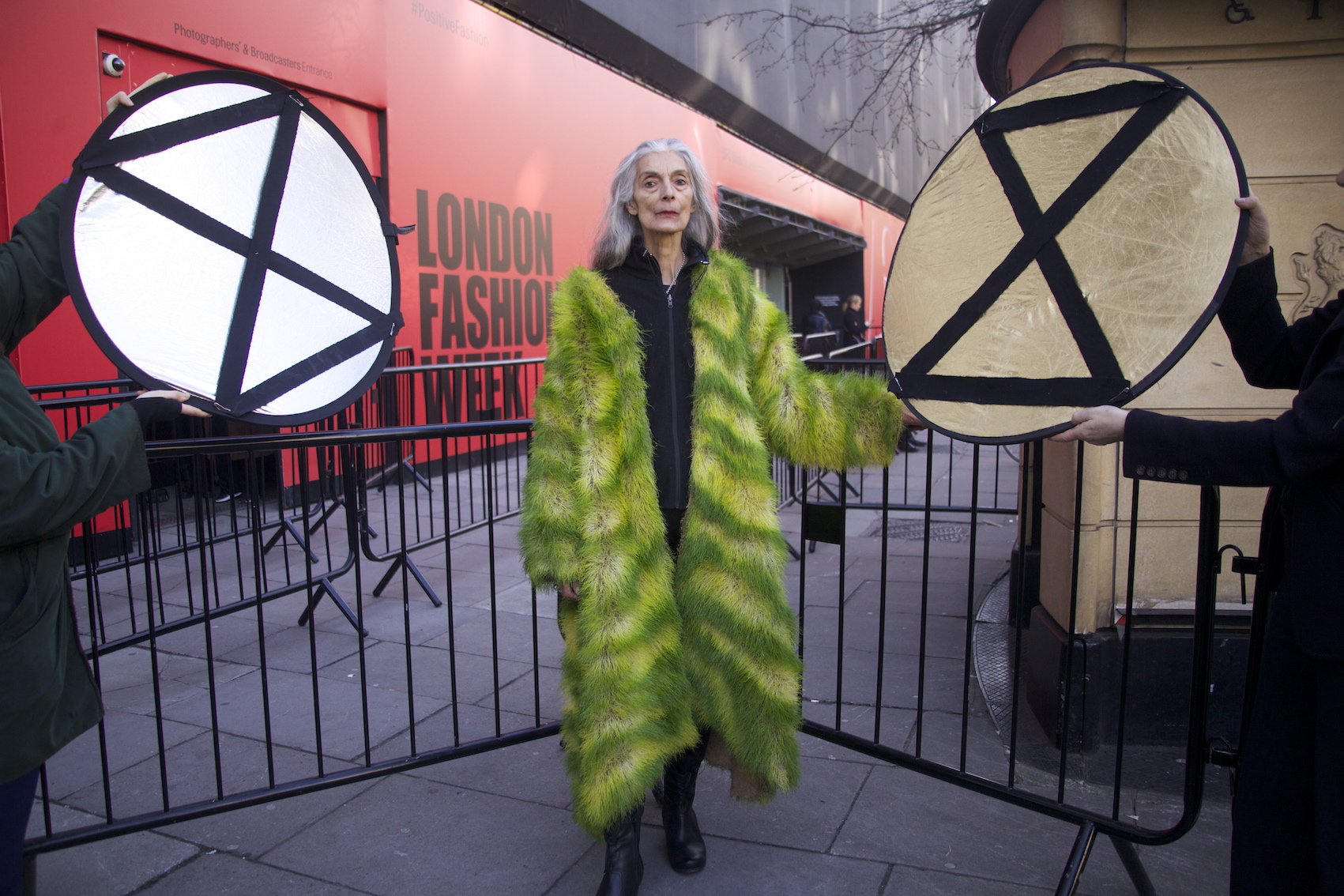
The fashion industry, long lauded for its creativity and trendsetting power, now faces a harsh reality check. The G7, a group of leading industrialized nations, recently took a significant step towards addressing the industry's substantial environmental impact. This article delves into the intricate relationship between fashion, climate change, and the G7's evolving approach.
Fashion's environmental footprint a concern
The environmental cost of clothing is staggering. A McKinsey report reveals that textile production generates more greenhouse gases annually than international flights and maritime shipping combined. Fast fashion, characterized by mass-produced, low-cost garments with short lifespan, is a major culprit. Environmental groups highlight the excessive water consumption, hazardous chemical use, and overflowing landfills in developing countries burdened with textile waste. The European Environment Agency emphasizes the urgency for a "circular economy" focused on reuse and repurposing materials to meet climate goals.
G7 Steps Up focus on sustainability
The G7's statement on April 30, 2024, marks a turning point. This is the first time the group has explicitly addressed the environmental impact of textiles. French minister Christophe Bechu emphasized the need for a "more circular" fashion industry, with a focus on recycling and reducing waste.
It's expected to lead to concrete actions, including:
• Increased producer responsibility: This could involve holding clothing manufacturers accountable for the environmental impact of their products throughout the lifecycle.
• Improved supply chain transparency: Greater visibility into production processes can help identify and address environmental issues.
The road to sustainability
Indeed, the road to a sustainable fashion industry won't be easy and is fraught with challenges:
Changing consumer behavior: Moving away from the fast-fashion mentality and encouraging a "buy less, buy better" approach.
Innovation in textile production: Developing new, eco-friendly materials and production processes.
Strengthening regulations: Implementing stricter environmental standards for the fashion industry.
Supply chain transformation: Encouraging responsible practices throughout the entire production chain, from raw material sourcing to manufacturing and disposal.
While the G7's statement is a significant step, it's not the first time sustainability has been addressed in fashion. The Fashion Pact, a voluntary initiative signed by leading fashion companies, aims to achieve specific goals in climate, biodiversity, and ocean protection. The success of these efforts depends on collaboration between governments, industry leaders, and consumers. By shifting towards circular models, embracing innovation, and making conscious choices, the fashion industry can become a force for positive change.
On May 1, 2024, as the Free Trade Agreement (FTA) between the EU and New Zealand takes effect, Thilo Brodtmann, VDMA Executive Director, heralds it as a beacon of hope for European machinery and equipment manufacturing.
Brodtmann emphasizes the agreement's role in slashing New Zealand's machinery tariffs and fostering fair competition. Nevertheless, he calls for enhanced EU commitment to expediting trade agreements and criticizes the prolonged stalling of vital pacts like the one with Mercosur states.
Brodtmann advocates for a streamlined approach, urging the EU to prioritize EU-only agreements to circumvent lengthy national ratification processes. He asserts that excessive politicization of trade agreements hampers progress and suggests separating social and environmental considerations from trade negotiations.
Brodtmann's remarks underscore the urgency for the EU to adopt a pragmatic stance and streamline its trade policy to bolster European industries and global economic integration.
Daniel Rufenacht, CEO of Bluesign technologies ag, will take center stage at the upcoming Promotional Products Association International (PPAI) North American Leadership Conference in Salt Lake City, Utah, from May 5-7, 2024.
The event, boasting over 14,000 members, gathers industry leaders in promotional products and services. Rufenacht will join a distinguished panel including Josh Ellis, Editor-in-Chief of PPAI, and Steven Baumgaertner, CEO of Cybergroup International, a bluesign system partner.
Their panel, "European Union: An International Partnership Models the Possibility of Sustainable Solutions," will delve into challenges facing the industry and spotlight opportunities for US companies to adopt sustainable practices.
With sustainability gaining momentum in North America, Bluesign aims to lead the charge by advocating for greener supply chains and conscious chemical management.
Rufenacht's participation underscores Bluesign's commitment to transforming the industry. Leveraging their expertise in chemical stewardship and sustainable manufacturing, Bluesign aims to inspire widespread change.
This pivotal discussion signals a shift towards eco-conscious promotional products, echoing Bluesign's ethos: sustainability is imperative, not optional. Pre-panel interviews with Rufenacht, Dale Denham (President and CEO of PPAI), and Baumgaertner offer insights into the impending industry transformation.
Gap Inc. has unveiled its highly anticipated 2023 Environmental, Social, and Governance (ESG) Report, marking a milestone twentieth year of sustainability reporting and nearly three decades of dedicated sustainability efforts. The report showcases the retail giant's strides in fostering sustainability, resilience, and inclusivity within its diverse portfolio of iconic brands, which include Old Navy, Gap, Banana Republic, and Athleta.
CEO Richard Dickson underscored the company's enduring commitment to bridge societal divides, echoing the ethos established by founders Don and Doris Fisher over five decades ago. He emphasized Gap Inc.'s aspiration to forge a world where purpose and profit harmonize, propelling initiatives that enhance both human and environmental well-being.
Gap Inc.'s accolades in the past year include being ranked first in retail on Newsweek's "America's Most Responsible Companies" list and securing its eleventh consecutive inclusion in the S&P Global Dow Jones Sustainability Index.
In FY2023, the company spearheaded three pivotal initiatives aimed at addressing pressing global challenges. These include the Women + Water Collaborative, the Global Water Innovation Centre for Action, and the Rise program, all geared towards advancing gender equity and enhancing water stewardship across its supply chain.
Key highlights from the report include empowering over 2.5 million individuals in the apparel industry with improved access to clean water and sanitation, as well as the successful engagement of more than 19,600 youths through Old Navy's This Way Onward program. Notably, Gap Inc. achieved significant milestones in sustainable sourcing, with 98 per cent of cotton utilized sourced sustainably.
Moreover, Gap Inc.'s commitment extends beyond its operational boundaries, evidenced by its adherence to ESG standards such as the Global Reporting Initiative (GRI), the Sustainable Accounting Standards Board (SASB), and the Task Force on Climate-Related Financial Disclosures (TCFD). The company remains steadfast in its alignment with the United Nations' Sustainable Development Goals (SDGs) and Global Compact principles.
Gap Inc.'s 2023 ESG Report serves as a testament to its unwavering dedication to driving positive change while embracing transparency and accountability in its operations.
Textile exporters in Pakistan are grappling with a host of challenges that are impeding maximum production, as reported by WealthPK. The high cost of doing business coupled with delayed refunds amounting to billions of rupees is casting a shadow over the textile sector, which serves as a linchpin of the national economy.
According to Ali, a prominent textile exporter, efforts to persuade authorities to alleviate the burden by reducing power and gas prices have been unsuccessful. The situation is dire, with production dwindling due to fund shortages faced by millers and the unresolved issue of stuck refunds.
Despite repeated promises from the government, tangible action remains elusive, laments Ali. He urges authorities to investigate the root causes of declining textile production and implement remedial measures promptly.
Khurram Mukhtar, Patron-in-Chief, Pakistan Textile Exporters Association (PTEA), adds, there is an urgent need for a comprehensive business plan to uplift the ailing industry. Neglecting the textile sector would jeopardise both economic growth and employment prospects, he adds.
Riaz Ahmed, another exporter, emphasises the ripple effect of reduced production on small and medium enterprises. Highlighting the disconnect between government priorities and the textile industry's pressing needs, he emphasises on need for introduction of business-friendly policies to stimulate growth and job creation.
Underscoring the pivotal role of the textile sector in foreign exchange earnings, Mukhtar laments its current state of stagnation and underperformance. He cites alarming statistics showing a decline in textile exports, further exacerbating the economic slowdown.
Pakistan exporters face dual challenges as they have to contend with mounting pressures without any support while competitors like Bangladesh, Vietnam, and India benefit from government subsidies, Ahmed points out.
Garment exports from Tiruppur resurged in February and March this year after enduring a prolonged period of sluggish demand.
Data from the Tiruppur Exporters’ Association (TEA), shows, knitwear exports from Tiruppur grew by 6.4 per cent in February and by 5.6 per cent in March in dollar terms compared to the same period last year. This positive trend mirrors a broader uptick in total garment exports from the country, which increased by 4.8 per cent in February and a 1.7 per cent in March compared to the previous year.
K M Subramanian, President, TEA, notes, Bangladesh's duty-free access to Europe until 2027 alongwith India's anticipated trade agreement with the UK will help boost the competitiveness of Indian garments. As a result, major retailers are expected to focus on India with exports from Tiruppur to grow by 10 per cent the upcoming months.
Kumar Duraisamy, Joint Secretary, TEA, states, having depleted their inventory, smaller retailers from Europe are now actively replenishing it. Additionally, the fallout from last year's decline in orders led to approximately 20 per cent of MSME exporters in Tiruppur shuttering their businesses. Consequently, existing units are operating at full capacity, contemplating expansions, and facing a labor shortage of around 20 per cent in the region.
Esteemed Italian fashion house, Tod’s has unveiled its latest boutique at the Emporium Mall in Bangkok, Thailand. Encompassing 166 sq m, this elegant space showcases the brand's diverse offerings, including ready-to-wear collections, luxurious handbags, exquisite footwear, and finely crafted leather accessories. Each of the Tod’s boutiques is meticulously crafted to embody the unique essence of its surroundings.
A standout feature of the new boutique is its exclusive customisation service, inviting patrons to personalise their Di bags with initials or bespoke lettering in a selection of colors. To celebrate its grand opening, the store hosted the enchanting 'Italian Garden' pop-up installation, which served as a captivating backdrop to showcase the latest spring collections. Esteemed guests, including the Italian Ambassador to Thailand and a roster of celebrities like Cris Horwang, Patricia Tanchanok Good, and Ase Wang, graced the occasion with their presence at a glamorous cocktail event.
Highlighting Tod’s iconic craftsmanship, the event emphasised on the renowned Gommino driving loafer, distinguished by its signature 133 rubber pebbles adorning the sole. Attendees were treated to an intimate demonstration by skilled artisans, offering a glimpse into the meticulous artistry behind each meticulously crafted piece.
From its humble beginnings as a small shoe factory in Casette D’Ete over a century ago, Tod’s has evolved into a symbol of authentic Italian style and excellence. The brand consolidated its position as a leading fashion with the introduction of a full ready-to-wear women's collection in 2013 and a comprehensive men's wardrobe in 2014. Today, Tod’s operates from over 345 directly operated stores and 99 franchise outlets across the globe.
A specialist in sizing technology Makip has launched its Unisize technology in the US. The company supports over 250 online retailers and fashion labels, including well-known names like Calvin Klein and Tommy Hilfiger.
According to a study conducted by software firm Nfinite in collaboration with Coresight Research, a significant 20 per cent of online purchases end up being returned to retailers, leading to an estimated loss of $600 billion.
The issue is especially pronounced within the fashion and apparel sector, largely attributed to clothing that doesn't fit properly and inaccurate product representations
While artificial intelligence (AI) promises to provide size recommendations, these sizes vary across brands further complicating the online shopping experience.
Makip's innovative Unisize technology allows online shoppers to virtually ‘try on’ clothing, enabling them to purchase accurately sized items on their first attempt.
By collecting basic information such as age, weight, and height, the technology tailors its recommendations to match the unique body size of each shopper. Their technology has helped reduce clothing return rates by an average of 20 per cent.
Shingo Tsukamoto, President, Makip, acknowledges the advancements in sizing technology but highlights the persisting challenge: the absence of a standard body size. Despite the sophistication of sizing solutions, the variability in body shapes necessitates personalised approaches, he opines.
Amazon Fashion India has unveiled its Spring/Summer 2024 collection, showcasing over 1,000 styles from more than 200 renowned Indian and international brands. Encompassing a diverse range of curated, multi-brand edits, this collection caters to diverse tastes and preferences.
The new collection promises to capture the vibrant spirit of the spring and summer seasons through a spectrum of colors, chic designs, and versatile styles that effortlessly enhance one's fashion statement.
Featuring segmented themes like 'Summer of Love,' 'Indie Summer,' 'Heritage Getaway Beach Dream,' 'Explorer Club,' and 'Last Resort,' the collection offers curated sections aimed to enhance the online shopping experience and aid consumers in finding precisely what they desire.
With an extensive lineup of top fashion and beauty brands such as Biba, Wrangler, Guess, Van Heusen, Levi's, Skechers, Clarks, Puma, and Titan, etc, Amazon Fashion ensures a comprehensive selection to suit every individual's personality and preferences.
Moreover, Amazon Fashion plans to kick off its much-anticipated 'Great Summer Sale' on May 2. The sale will offer apparel and beauty products starting at an attractive price point of just Rs 199, coupled with enticing offers such as up to 20 per cent cashback on the first order.

